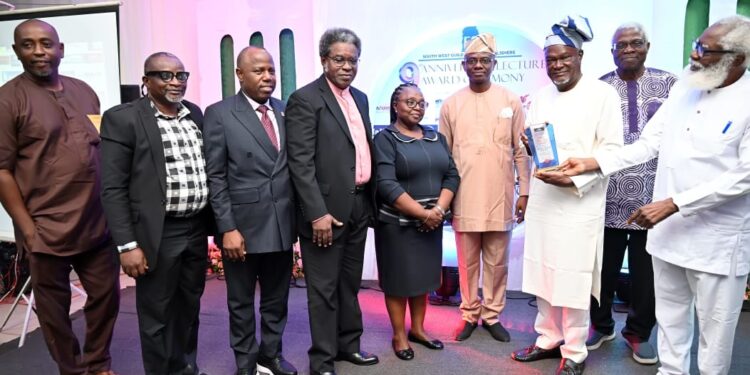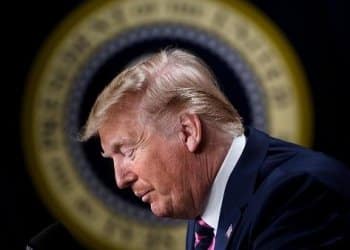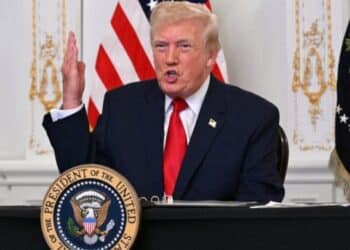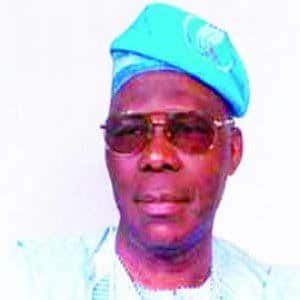As Nigeria navigates the complexities of governance and public trust, a gathering of esteemed voices at the 9th Anniversary Lecture of the South West Guild of Online Publishers (SWEGOP) converged to dissect the nation’s political landscape and chart a course for a more accountable and responsive future.
Held at the International Conference Centre, University of Ibadan, the event brought together journalists, academics, and industry leaders to proffer solutions to the country’s governance challenges, particularly in the lead-up to the 2027 general elections.
In a thought-provoking address, Dr. Idowu Johnson, representing Professor Adeolu Akande, identified the capture of the Nigerian state by the bourgeoisie as a significant impediment to good governance.
He lamented the pervasive disappointment among citizens, stemming from unfulfilled expectations and a lack of trust in leaders and the political system. Johnson emphasised the importance of effective political leaders, citing the absence of this quality as a major contributor to the leadership crisis.
The discussion highlighted the stark contrast between Nigeria’s current state and its potential. Johnson noted that the government’s inability to provide necessities like food, clothing, and shelter has led to a decline in living standards. He drew parallels with the 1960s and 70s, when modest incomes could cover rent and allow for personal development. Today, service delivery, particularly in social welfare and education, has deteriorated significantly.
Corruption, embezzlement, and maladministration were identified as key barriers to good governance. Johnson criticised the lack of accountability for past corrupt leaders, suggesting that the absence of punishment emboldens others to engage in similar behaviour. He also highlighted the role of money politics, election manipulation, and the abuse of law in exacerbating the governance crisis.
To break these barriers, Dr. Johnson proposed several crucial lessons, including electoral reform, political will to confront corruption, citizen participation, and institutional reform. He emphasised the importance of electing candidates knowledgeable in economic policies and shunning ethnic and religious politics.
In a welcome address, Pastor Bisi Oladele, President of SWEGOP, outlined the guild’s mission to promote professionalism, defend press freedom, and promote good governance. He emphasised SWEGOP’s commitment to holding the government accountable and educating citizens on their rights and obligations.
Dr. Yemi Farounbi, a former Nigerian Ambassador to the Philippines, emphasised the crucial role of online publishers in disseminating information and promoting media literacy. He urged online publishers to prioritise timely and accurate news coverage, political education for voters, and amplifying diverse voices.
Calls for electoral reform, citizen participation in Nigeria
As Nigeria approaches the 2027 elections, the discussions at the SWEGOP anniversary lecture serve as a clarion call for stakeholders to work towards a more accountable and responsive governance system.
The proposals outlined by Dr. Johnson and other speakers offer a roadmap for reform, emphasising the need for electoral reform, citizen participation, and institutional strengthening. As the nation navigates its governance challenges, the role of online publishers, civil society, and responsible leadership will be crucial in shaping a better future for Nigeria.









